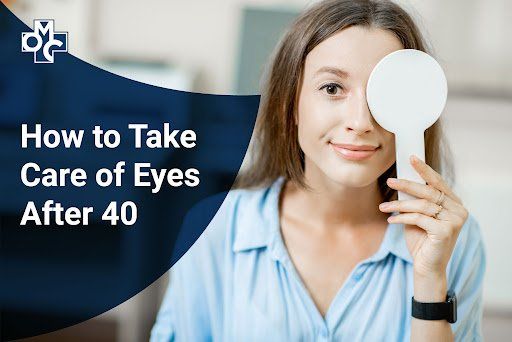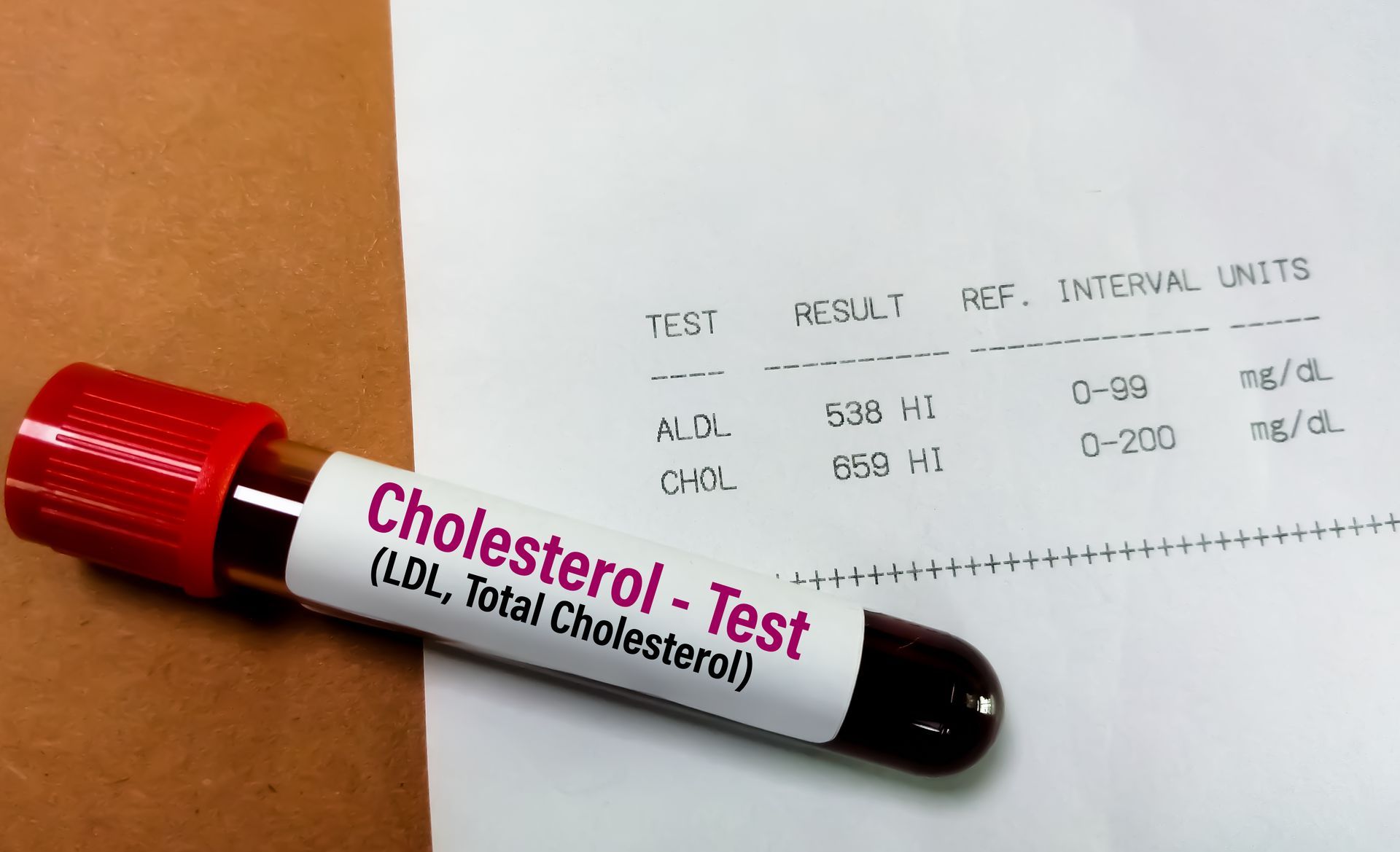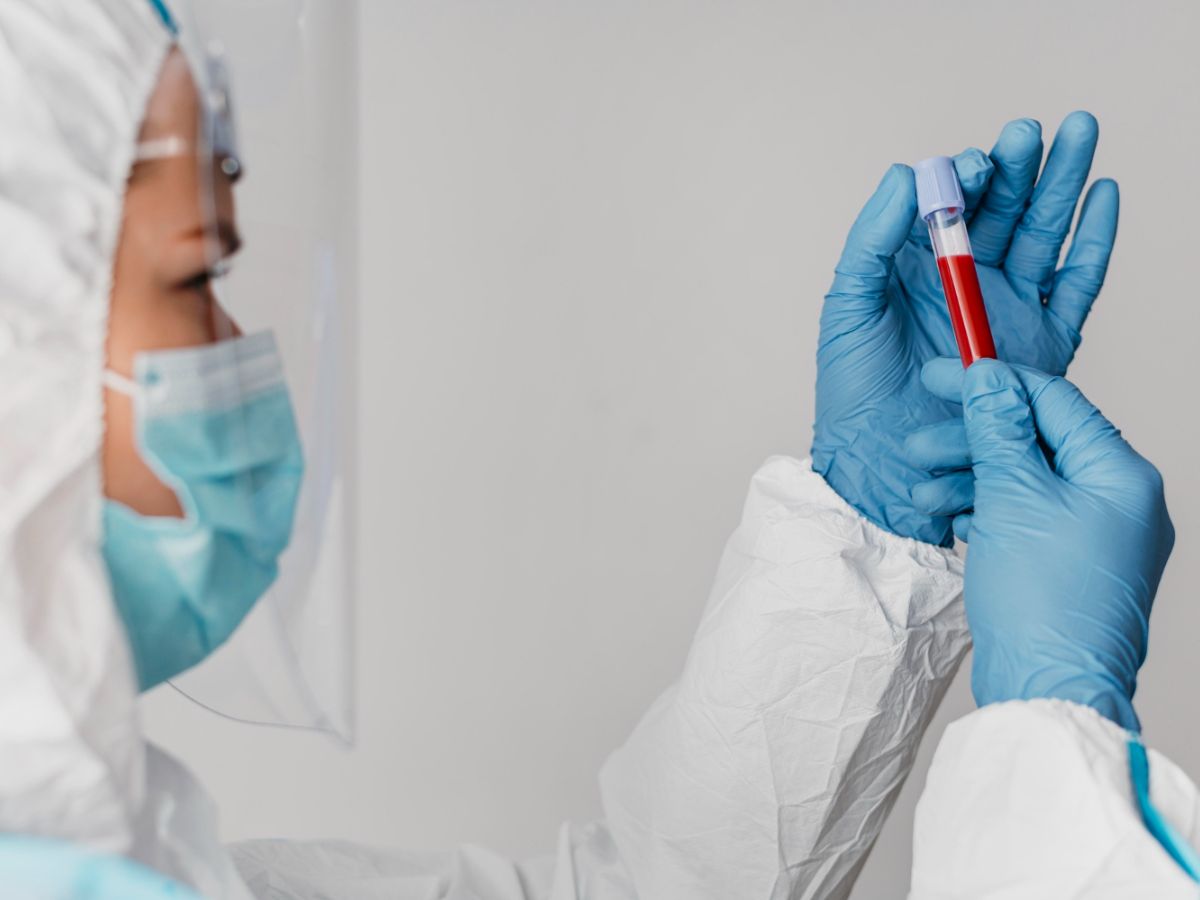Our Location
Elige tu idioma:
How to Take Care of Eyes After 40


The quality of our vision may change with age. By the age of 40, we may become more susceptible to eye conditions that can considerably impair our eyesight. Therefore, it is vital to keep your eye health in check and be aware of changes in your vision.
If you're interested in learning how to take care of your eyes after 40, keep reading this article.
How Aging Affects Your Vision
When people reach the age of 40, they often notice subtle changes in their sight. The American Optometric Association (AOA) reports the following changes in vision associated with aging eyes:
- Trouble seeing up close and concentrating. Presbyopia is the formal name for this, and it begins after age 40. Other symptoms of this condition include blurry vision, eye fatigue, and headaches.
- Problems recognizing colors. For example, seeing how much coffee is left in a dark-colored cup may take longer than it used to. Certain shades of colors may be more difficult to discern.
- Slower adaptation to light changes. Brightly lit rooms or spaces may cause your eyes to adjust more slowly, or vice versa.
- Reduction of tear flow. In your old age, your tear glands produce fewer tears. This can cause dryness and irritation of the eyes. Maintaining your eyes' health and sight requires an adequate amount of tears.
- Having issues with glare. While driving, you may notice glare from headlights at night or sunlight reflecting off the windshield during the day. The lenses in your eye allow light to scatter instead of focusing precisely on the retina. In turn, this causes more glare.
If you experience any changes in your vision, call your eye doctor quickly. It may indicate diabetes or high blood pressure that can damage your retinal blood vessels behind your eye and result in total vision loss.
How to Take Care of Your Eyes After 40
You can do a variety of things to maintain eye health. By the time you are 40, you must begin learning how to take care of your eyes. Take note of these simple tips:
Eat Eye-Healthy Foods
Work on your eating habits to improve your eye health in your 40s. You can start by eating foods that are good for eyesight. For example, carrots, fish, and eggs. Carrots contain vitamin A which is essential to vision. However, vitamin A isn't the only vitamin that helps maintain healthy eyes.
According to the AOA, you should include lutein, zeaxanthin, omega-3 fatty acids, vitamin C, and vitamin E in your diet. These types of foods help prevent macular degeneration.
Schedule an Annual Eye Exam
Make regular appointments with your eye doctor to ensure your eyes remain healthy after 40. Every year, a comprehensive eye exam allows your optometrist to check your eye health for eye diseases, refractive errors, and other problems.
Wear Proper Eyewear
Sunlight can feel great in the summer, but it can also damage the eyes. That's why you need to wear proper eye protection. With sunglasses, ultraviolet (UV) rays from the sun can't harm your eyes. They also protect your eyes while you are doing physical activities outside. Taking eye protection every day is one of the best ways to maintain healthy eyes over the long run.
Eyes Need Exercise, Too.
Blood pressure and diabetes are risk factors for diabetic retinopathy. You can also take care of your eyes after 40 with a new workout routine. For example, walking, yoga, stretching, and breathing are beneficial exercises for eyesight. Do these exercises in the morning. In a month, your oxygen and blood circulation will improve.
Identify Your Other Risk Factors.
Age-related eye conditions and diseases increase with age. It is essential to know your risk factors to reduce your risk of developing certain diseases.
Sleep Well for Your Eyes
It is well known that good sleep is vital for overall health, including eye health. Rest provides our eyes with moisture and lubrication. If you get enough sleep, your eyes feel refreshed. In cases where you engage in visual activities like working on your computer, taking short breaks helps your eyes since it allows them to rest.
Don't Smoke
You could develop cataracts or age-related macular degeneration (AMD) if you smoke. Smoking also decreases antioxidant levels, as well as harming the optic nerve.
Manage the Use of Devices
Your usage of digital devices at home and work might be increasing every day. These devices emit a high level of blue light, which is tough on the eyes. Thus, you must ensure that you have enough sources of eye nutrients such as lutein and zeaxanthin. Ask your dietitian for guidance with your eye health plan.
Follow these few simple guidelines to help lower your screen eye strain:
- Maintain a 20-24 inch distance between your eyes and your computer screen.
- Your computer screen should be a little below eye level.
- Adjust the computer or cellphone brightness.
- Take an eye rest every 20 minutes.
- Soothe dry, itchy eyes with drops.
Summary
Aging increases our risk of developing age-related eye conditions. Now is the time to prioritize both our eyes and our health. So remember these tips, and keep your eyes safe as you age.
Ocana Medical Care, located in Tampa, FL, aims to bring you as much information as possible to keep you healthy. We're in this together. #ocanacares
“Respect. Compassion. Quality. Integrity. These are the values on which Ocana Medical Center was built. Our aim isn’t just to treat you today. We hope to earn your trust and be your healthcare provider for life.”
©2023 Ocana Medical Group, Inc.
USEFUL LINKS
GET IN TOUCH
Call Us Today
Send us Email
Our Location
Ocana Medical Center | All Rights Reserved.












